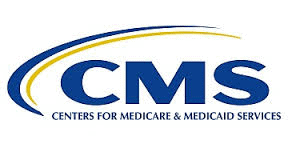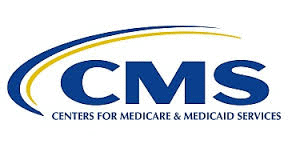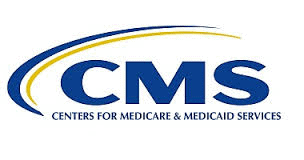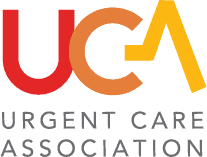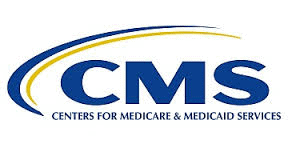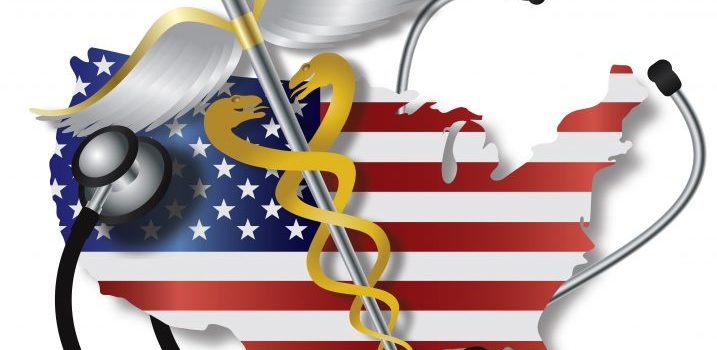The Centers for Medicare & Medicaid Services (CMS) says patients reporting to emergency rooms in Maryland are likely to wait over twice as long as the national average—53 minutes vs 22 minutes. Greater Baltimore Medical Center (BMBC), whose ED clocked an average wait time of 60 minutes, suggested patients could get in and out much more efficiently if nonemergent patients sought care in a more appropriate environment, such as BMBC’s primary care offices. This echoes …
Read More

